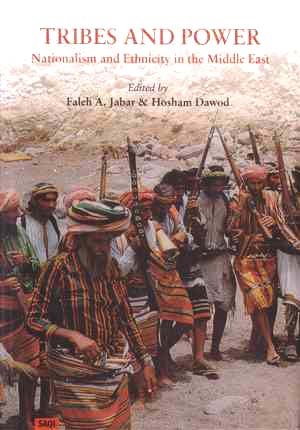Centralized politics, advanced technology and the market economy, among other developments, have clearly modified the tribe sometimes beyond recognition. But tribes can flexibly mutate, producing new forms of tribalism and providing a platform for social, economic and political action.
This platform has been allowed to expand and become more complex, despite the fact that authoritarian regimes have attempted to co-opt tribal configurations as a means of control and coercion. Nobility of lineage, tribal allegiance and other aspects of tribalism have been re-activated or re-structured to replace an eroded modern’ revolutionary legitimacy.
This book provides a greater understanding of the structure, functioning and mutation of tribes in the Middle East today. Its contributors are prominent anthropologists and sociologists, who tackle both theoretical and case studies. The theoretical section examines kinship structures in view of Islamic and Arab culture; the case studies cover Iraq, Iran, Libya, Morocco and Saudi Arabia.

